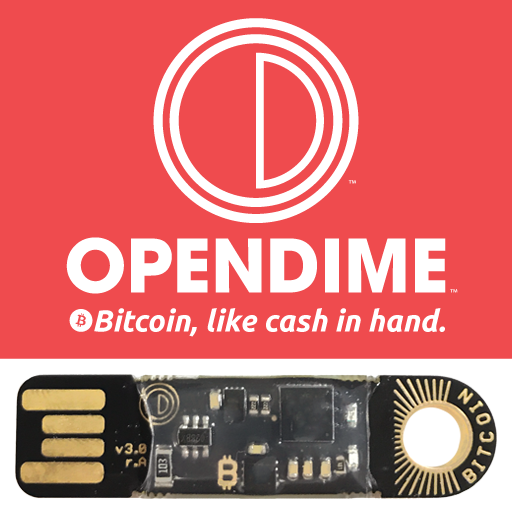Hypothetically speaking in order to avoid strong volatility, from fluctuating demand, people would need to get paid in Bitcoin?
- Is the question: does more people demanding payment in bitcoin reduce its dollar price volatility?
It depends on the rate that people switch to bitcoin…it might even increase its volatility if there is mass adoption above the current rate.
In order to get paid in bitcoin there would need to be sufficient reserves?
It depends. In the current period (10-50 years) while bitcoin is monetizing, it is probably necessary, because its value is increasing rapidly, relative to most companies revenues received in fiat.
In a future where bitcoin is fully monetized as the dominant money, all revenues are received in bitcoin so no reserves are needed.
Once that happens bitcoin can be measured by it's purchasing power and not the exchange rate?
Is this correct and what will this process look like?
I understand bitcoin is suppose to solve currency devaluation/inflation, but how does it ensure fair value of assets and fair compensation for economic output of a person?
Here is how bitcoin could work for salaries, today.
An employee (or union) negotiates a 4 year contract - typically it might include yearly raises of a few percentage points to supposedly compensate for “inflation” (fake 2% CPI).
With enough workers demanding it, here is how I would take a bitcoin salary:
Year 2025 contract. Duration 4 years.
Workers have 3 options:
Accept 100% wages in dollars (say $100/hr)
100% wages denominated in bitcoin
A hybrid of both.
All wages in bitcoin are at a 20% discount to wages in fiat at the time the contract is negotiated as an incentive for the company (cost benefit for them.)
For easy math: bitcoin price in 2025: $100,000
Fiat hourly wage: $100
Bitcoin hourly wage: 80,000 sats ($80)
The company could save nearly 20% of their labor costs if they borrowed fiat, and bought all the bitcoin they would need to pay 4 years of wages at the beginning of the contract.
The workers who opt for bitcoin wages - or even a 90/10 fiat/ bitcoin hybrid, will initially be lower paid than the 100% fiat workers, but will be significantly better paid over 4 years.
In 2029, bitcoin is now $200,000. The bitcoin wage earner is still earning 80,000 sats/hr, but that is now worth $160/hr -
The fiat wage earner is begging for a new contract, because food, housing, and healthcare is skyrocketing compared to his stagnant $100 wages, and the company has adjusted prices to match real inflation of 10%, but the company has plenty of incentive to delay a new wage contract as long as possible because their labor costs in real terms keep decreasing with every year for the fiat workers. Inflation means the workers get paid less every year.
The bitcoin workers are in complete control though - they are the ones who hold the power in negotiations, who could simply reject everything the company offers and keep getting the SAME wage denominated in bitcoin. The company has to offer more to get them to accept any kind of pay cut.



